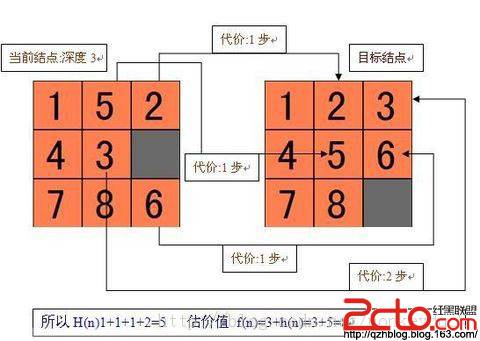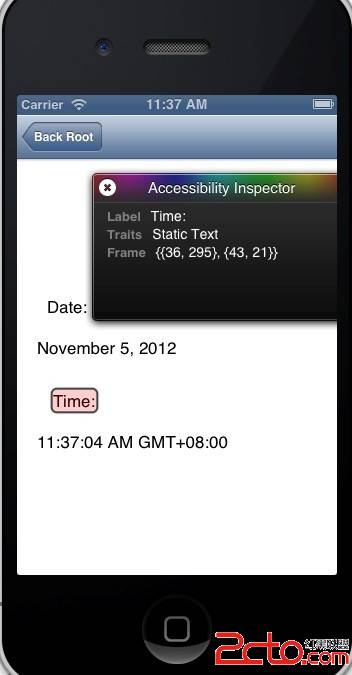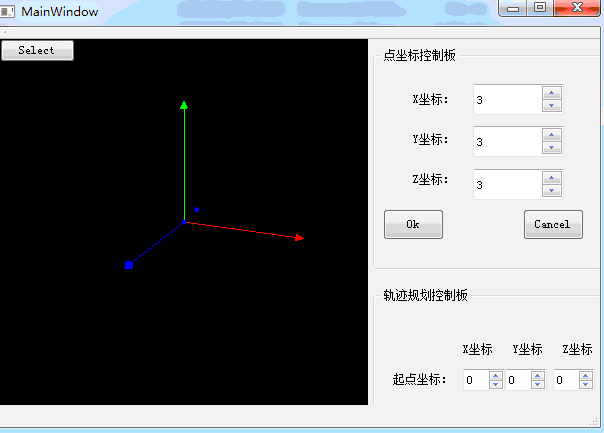IOS开发(87)之Strong与Weak的理解
觉得讲的很容易理解
The difference is that an object will be deallocated as soon as there are no strong pointers to it. Even if weak pointers point to it, once the last strong pointer is gone, the object will be deallocated, and all remaining weak pointers will be zeroed out.
Perhaps an example is in order.
Imagine our object is a dog, and that the dog wants to run away (be deallocated).
Strong pointers are like a leash on the dog. As long as you have the leash attached to the dog, the dog will not run away. If five people attach their leash to one dog, (five strong pointers to one object), then the dog will not run away until all five leashes are detached.
Weak pointers, on the other hand, are like little kids pointing at the dog and saying "Look! A dog!" As long as the dog is still on the leash, the little kids can still see the dog, and they'll still point to it. As soon as all the leashes are detached, though, the dog runs away no matter how many little kids are pointing to it.
As soon as the last strong pointer (leash) no longer points to an object, the object will be deallocated, and all weak pointers will be zeroed out.
(weak和strong)不同的是 当一个对象不再有strong类型的指针指向它的时候 它会被释放 ,即使还有weak型指针指向它。
一旦最后一个strong型指针离去 ,这个对象将被释放,所有剩余的weak型指针都将被清除。
可能有个例子形容是妥当的。
想象我们的对象是一条狗,狗想要跑掉(被释放)。
strong型指针就像是栓住的狗。只要你用牵绳挂住狗,狗就不会跑掉。如果有5个人牵着一条狗(5个strong型指针指向1个对象),除非5个牵绳都脱落 ,否着狗是不会跑掉的。
weak型指针就像是一个小孩指着狗喊到:“看!一只狗在那” 只要狗一直被栓着,小孩就能看到狗,(weak指针)会一直指向它。只要狗的牵绳脱落,狗就会跑掉,不管有多少小孩在看着它。
只要最后一个strong型指针不再指向对象,那么对象就会被释放,同时所有的weak型指针都将会被清除。
iOS 5 中对属性的设置新增了strong 和weak关键字来修饰属性(iOS 5 之前不支持ARC)
strong 用来修饰强引用的属性;
@property (strong) SomeClass * aObject;
对应原来的
@property (retain) SomeClass * aObject; 和 @property (copy) SomeClass * aObject;
weak 用来修饰弱引用的属性;
@property (weak) SomeClass * aObject;
对应原来的
@property (assign) SomeClass * aObject;
__weak, __strong 用来修饰变量,此外还有 __unsafe_unretained, __autoreleasing 都是用来修饰变量的。
__strong 是缺省的关键词。
__weak 声明了一个可以自动 nil 化的弱引用。
__unsafe_unretained 声明一个弱应用,但是不会自动nil化,也就是说,如果所指向的内存区域被释放了,这个指针就是一个野指针了。
__autoreleasing 用来修饰一个函数的参数,这个参数会在函数返回的时候被自动释放。
补充:移动开发 , IOS ,




